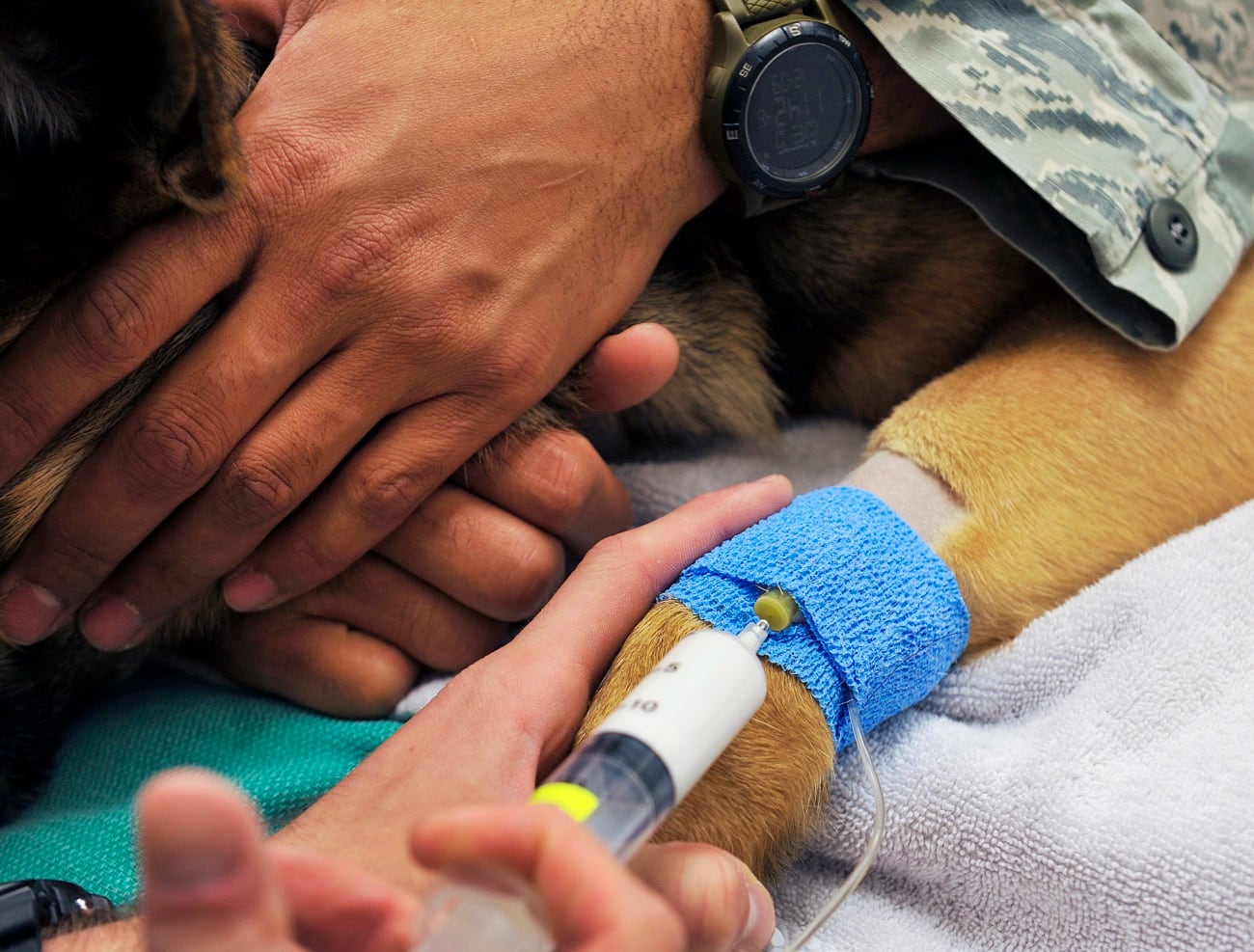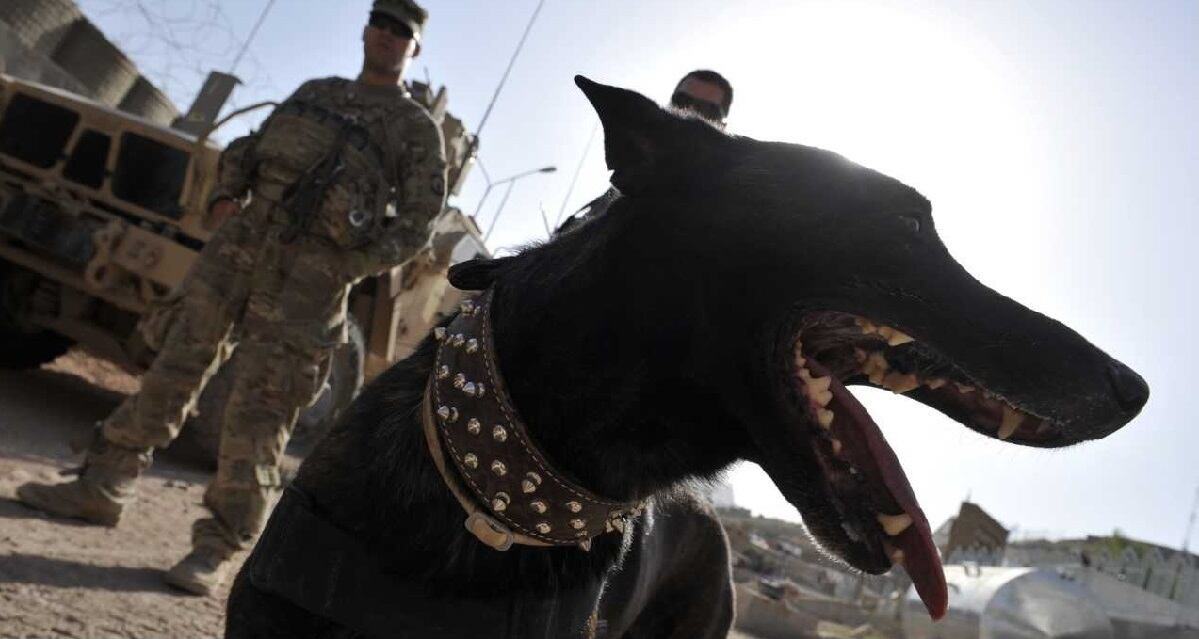WASHINGTON — Veterans Affairs officials on Tuesday launched an internal review of all canine testing within the department with the goal of future reductions in the research, a reversal of the administration’s strong stance defending the practice last fall.
The “rapid, in-depth” review will look at the practices of and justification for existing medical research on dogs, which has come under fire from advocates and lawmakers in the past year. In a statement, VA Secretary David Shulkin called the issue “sensitive” and promised a thorough assessment.
“We look forward to a time when research involving canines is no longer necessary to advance the health of our veterans and are taking action to hasten that day,” he said. “But until then, the agency has a duty to do everything in its power to develop new treatments to preserve and restore our veterans’ health.”
Last fall, in response to House-passed legislation limiting pain studies by VA on dogs, Shulkin wrote an op-ed in USA Today calling his department’s experiments “some the safest and most humane in the world” and said that shutting down the research “would deny some of our most vulnerable veterans hope for new and potentially life-changing treatments.”
RELATED

The new review will see if that still is the case. Last year, VA Chief Veterinary Medical Dr. Michael Fallon said dogs account for “fewer than 0.05 percent” of animals used for medical tests in 2016. Canines are used “only when studies of rodents cannot provide the information that is needed.”
Late last year, officials mandated that no new canine research begin without approval of both from both the VA’s top research officer and Shulkin himself. Since then, no new canine studies have been started.
The new review will determine “whether the use of canines in these studies should be phased out in advance of their original end dates,” according to an VA release.
Advocates hailed the news as a step in the right direction for the department.

“We’re grateful to Secretary Shulkin for listening to the overwhelming majority of veterans and other taxpayers who have said loud and clear that they are tired of paying for unproductive, outdated and cruel .... experiments at the VA,” said Justin Goodman, vice president of public policy at White Coat Waste Project.
“We’re cautiously optimistic that the VA will agree none of these wasteful projects deserve taxpayers’ support, as many veterans and leading veterans’ organizations have already determined and communicated to the VA and Congress.”
Last month, AMVETS joined a growing group of veterans organizations opposed to the dog testing that includes the Enlisted Association of the National Guard of the U.S., the Retired Enlisted Association and the Wounded Paw Project.
Paralyzed Veterans of America in the past has spoken out in support of the testing, saying in provides potentially valuable results to department medical researchers.
Department officials did not say how long they expect the review to take, but did say they intend to fund development of alternatives experiments “which will reduce the need for canine research within VA.”
Leo covers Congress, Veterans Affairs and the White House for Military Times. He has covered Washington, D.C. since 2004, focusing on military personnel and veterans policies. His work has earned numerous honors, including a 2009 Polk award, a 2010 National Headliner Award, the IAVA Leadership in Journalism award and the VFW News Media award.




